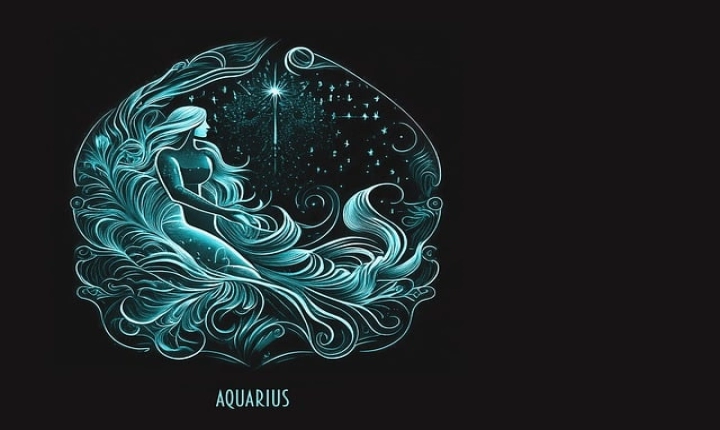Title: The Rise of AI: How People are Creating Digital Versions of Themselves
In recent years, the concept of creating an artificial intelligence (AI) version of oneself has captured the imagination of people around the world. From chatbots to digital avatars, individuals are exploring various ways to replicate their personalities, mannerisms, and characteristics in a virtual form. This emerging trend raises intriguing questions about the intersection of technology and personal identity, as well as the potential implications for society at large.
One of the most common methods of creating an AI version of oneself is through chatbots, which are computer programs designed to simulate conversation with human users. By feeding these chatbots with large amounts of text data, such as social media posts, emails, and messages, individuals can develop AI replicas that can respond to queries and engage in dialogue in a manner that mimics their own communication style.
Furthermore, advancements in deep learning and natural language processing have enabled the development of more sophisticated AI versions of oneself through platforms that generate conversational agents based on written interactions. These agents are often trained on a person’s digital footprint, allowing them to generate responses that closely resemble the individual’s writing style and speech patterns.
In addition to chatbots, some individuals are exploring the creation of digital avatars that serve as AI representations of themselves. By using advanced facial recognition and animation technologies, these avatars can mimic a person’s facial expressions, gestures, and voice, thereby providing a lifelike representation of the individual in a virtual environment.
The motivation behind creating AI versions of oneself varies widely, ranging from personal entertainment and self-expression to more practical applications such as virtual assistants and digital legacy preservation. For some, the idea of interacting with a digital replica of themselves holds an intriguing appeal, offering a novel way to engage with their own persona and explore aspects of their identity. Others view the creation of AI versions as a means of preserving their memories and experiences for future generations, turning their digital counterparts into virtual storytellers capable of sharing their life stories long after they are gone.
However, as the technology for creating AI versions of oneself continues to advance, it also raises ethical and societal concerns. Privacy and data security are major issues, as the process of training AI replicas often involves accessing and analyzing large volumes of personal data. Furthermore, there are questions about the potential impact of interacting with AI versions of loved ones or deceased individuals, and how this may influence perceptions of reality and human connection.
The emergence of AI versions of oneself prompts us to critically examine the boundaries between technology, identity, and human consciousness. As we continue to explore the possibilities of creating digital replicas of our own selves, it is crucial to consider the ethical, psychological, and societal implications of these technological advancements.
Ultimately, the rise of AI versions of oneself reflects our evolving relationship with technology and the ever-changing nature of human identity in the digital age. Whether driven by curiosity, nostalgia, or practicality, the creation of AI replicas offers a fascinating glimpse into the ways in which people are using technology to extend their presence and legacy in the virtual realm. As this trend continues to unfold, it is certain to provoke further debate and reflection on the impact of AI on our understanding of self and society.
